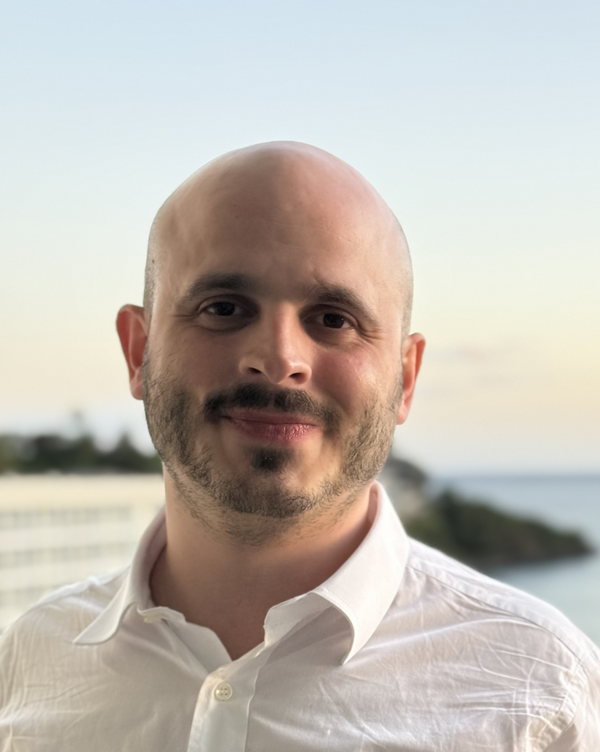
AE Seminar Speaker: Enrico Zucchelli - Crafting Probability Distributions for Space Domain Awareness
- Event Type
- Seminar/Symposium
- Sponsor
- Aerospace Engineering
- Location
- CIF 2018
- Date
- Feb 6, 2025 4:00 - 5:00 pm
- Contact
- Kristen Reifsteck
- ktreifst@illinois.edu
- Views
- 131
- Originating Calendar
- Aerospace Engineering Seminars
Abstract:
The occupancy rate of the low Earth Orbit (LEO) regime has been rapidly increasing in recent years. New trends such as miniaturization of spacecraft and decrease in launch costs have led to the proliferation of active satellites. However, each new object in space heightens the precariousness the LEO environment, and even just a few collisions could compromise its stability: since mechanical energy depletes slowly, impact-generated fragments can stay in orbit for decades or longer, acting as projectiles that may trigger further collisions. This potential runaway effect has led to the increase of the strategic and commercial importance of space domain awareness, which is the monitoring of activities, objects, and environmental conditions in space.This seminar discusses research that shows how probability distributions can be crafted, applied, and twisted to solve estimation and modeling problems that are key to preserving stability in space. The first part of the presentation focuses on tracking maneuvering spacecraft, which, due to their unpredictability, represent both the most challenging targets to track and the most hazardous objects. Difficulties arise from 1) the tracker’s lack of knowledge about magnitude and profile of the maneuver, and 2) the need for the uncertainty propagation to remain independent of the measurements in order to be compatible with multi-target trackers. Based on astrodynamics principles, the multivariate Laplace probability density function is chosen to model the distribution of the spacecraft’s maneuvers. Bayesian filters that comply with said distribution are derived. Results show that these filters enable robust estimation of maneuvering satellites that is compatible with multi-target tracking algorithms.
In the second part of this talk, probability distributions are judiciously twisted with a different goal: modeling the long term evolution of all resident space objects. Simulating the orbital environment provides assessments of how policies, planned missions, or specific events could lead to instability in LEO. The proposed probabilistic approach yields an orbital evolution simulator that improves upon the computational efficiency of state-of-the-art models by three orders of magnitude with minimal loss in accuracy, enabling efficient and precise sensitivity analysis.
Bio:
Dr. Enrico Marco Zucchelli is a Postdoctoral Associate at MIT AeroAstro. He received his Ph.D. in Aerospace Engineering from The University of Texas at Austin. Prior to that he obtained his M.Sc. degree from Delft University of Technology in the Netherlands, and his B.Sc. degree from Politecnico di Milano in Italy. Dr. Zucchelli’s research focuses on space domain awareness and on guidance, navigation, and control of space systems. He has recently been focusing on generative AI approaches to solve those problems.